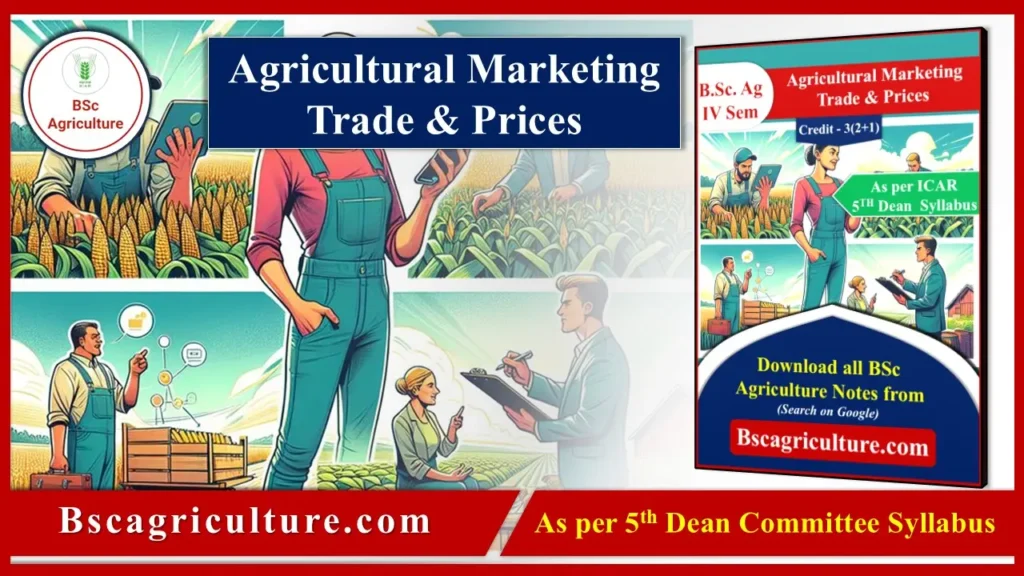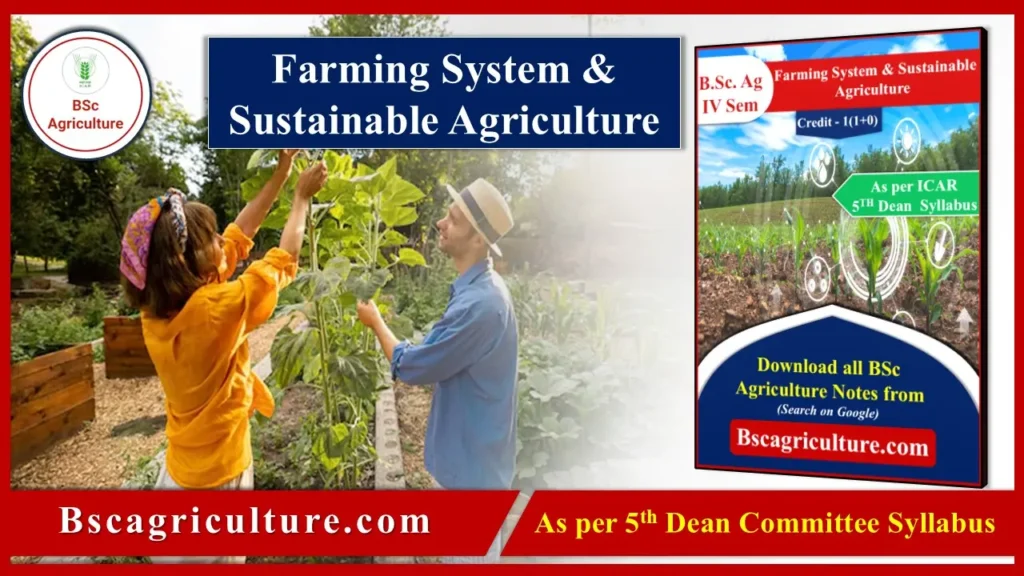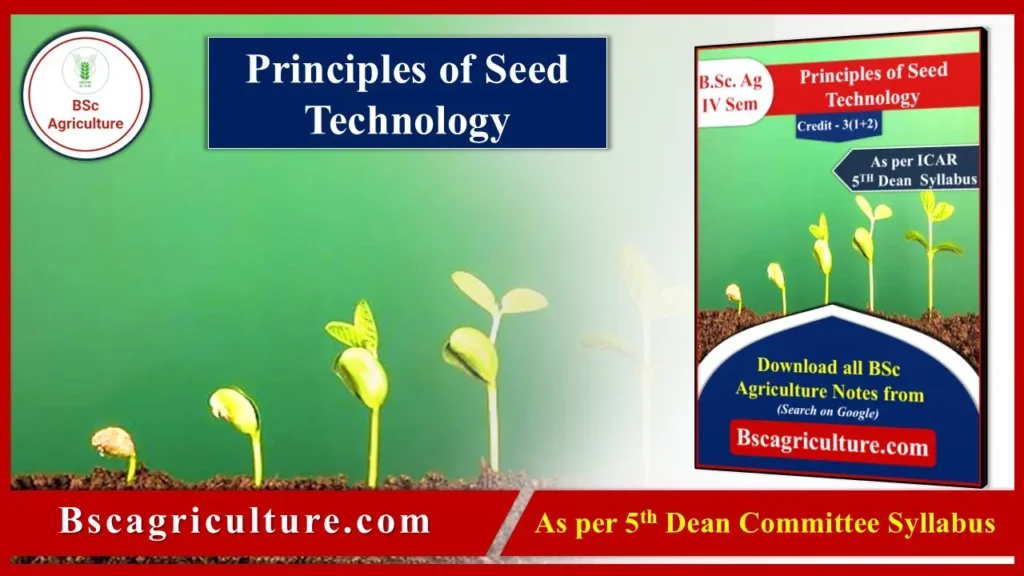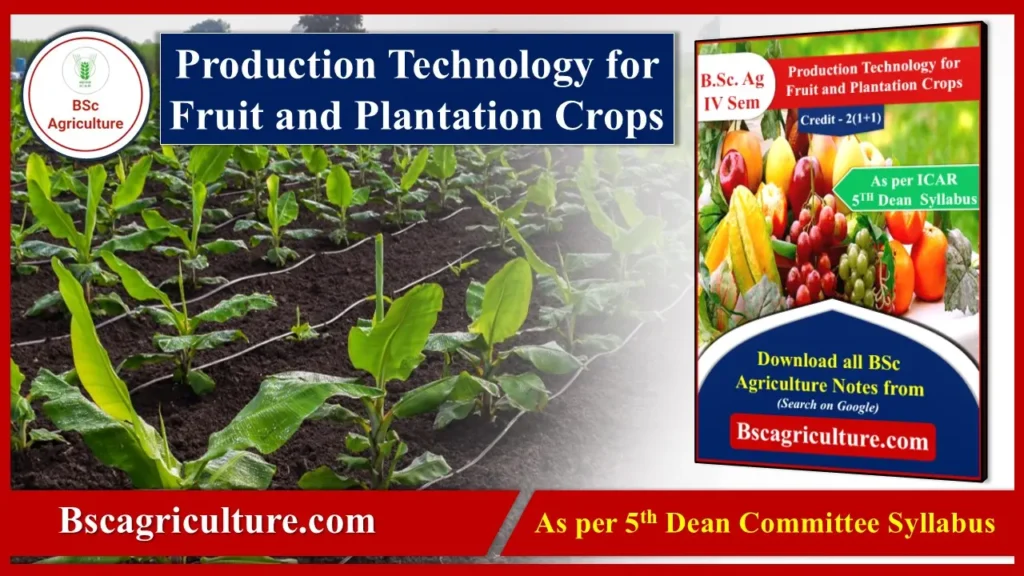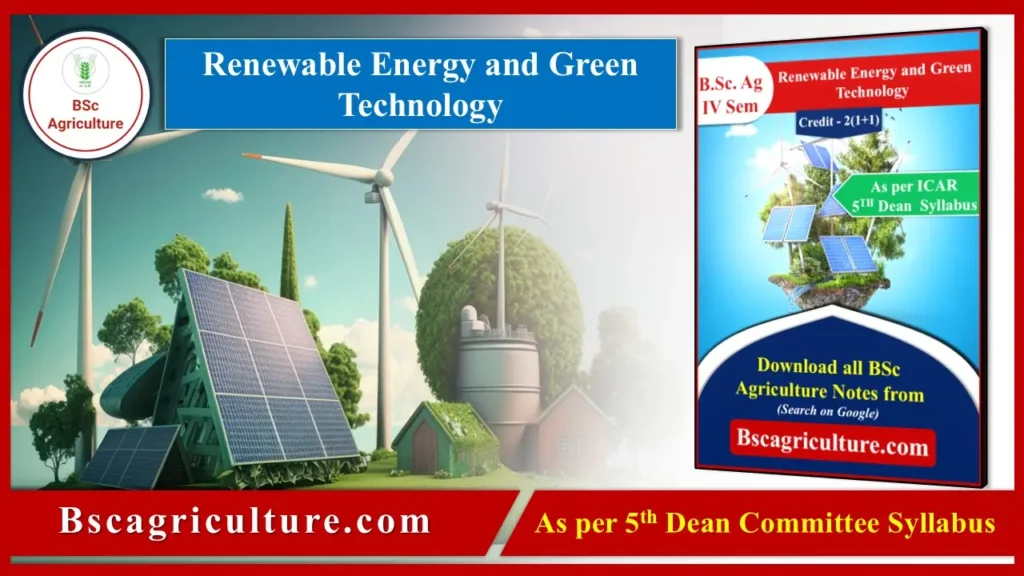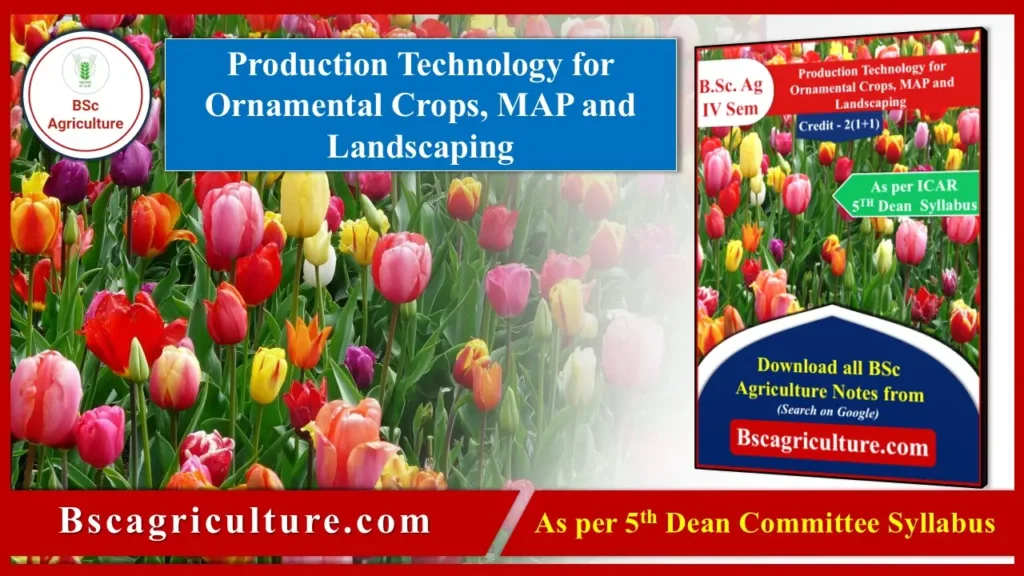Principles of Seed Technology
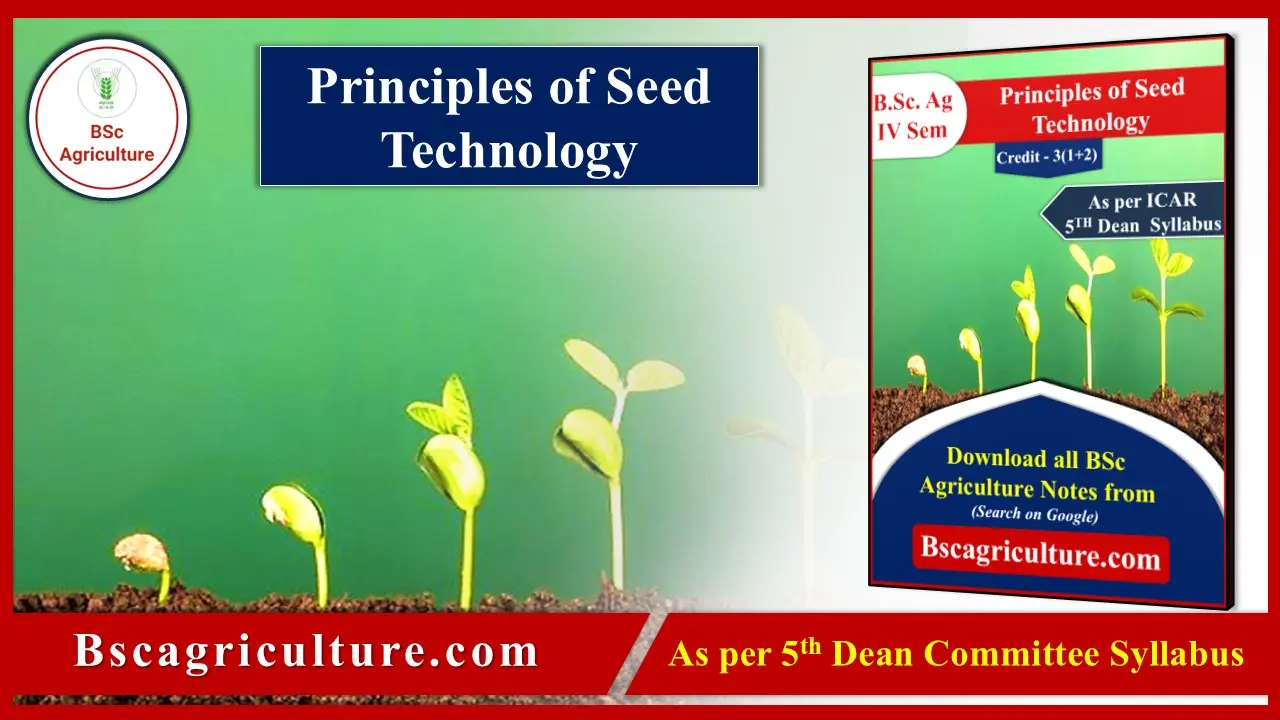
Principles of Seed Technology is an advanced book that provides information regarding good quality seed, and different classes of seed. Foundation and certified seed production of important cereals (wheat, rice, maize, etc.), pulses (gram, pea, pigeon pea, etc.), oilseeds (mustard, groundnut, etc.), fodder and vegetables (tomato, brinjal, chilli, okra, onion, etc.). Seed certification, phases of certification, procedure for seed certification, field inspection. Seed Act, Seed Act enforcement, and Seeds Control Order.
This is the advance subject in field of green technology for Second year BSc Agriculture students. If you’re looking for Principles of Seed Technology notes you are at perfect place. Here, you can find all BSc Agriculture notes at one platform. We have updated the Principles of Seed Technology as per latest ICAR 5th Dean Committee syllabus. Here you will also find Principles of Seed Technology syllabus Course Notes.
| Name of PDF | Principles of Seed Technology |
| Syllabus | As per ICAR 5th Dean Committee |
| Course | BSc Agriculture |
| Semester | 4th Semester |
| Language | English |
| Notes Source | RSKVV |
| Number of pages | 162 |
| PDF Size | 1.17 MB |
Principles of Seed Technology Theory Syllabus
Seed and seed technology: introduction, definition and importance. Deterioration causes of crop varieties and their control; Maintenance of genetic purity during seed production, seed quality; Definition, Characters of good quality seed, different classes of seed. Foundation and certified seed production of important cereals, pulses, oilseeds, fodder and vegetables. Seed certification, phases of certification, procedure for seed certification, field inspection. Seed Act and Seed Act enforcement. Duty and powers of seed inspector, offences and penalties. Seeds Control Order 1983, Varietal Identification through Grow Out Test and Electrophoresis, Molecular and Biochemical test. Detection of genetically modified crops, Transgene contamination in non-GM crops, GM crops and organic seed production.
Seed drying, processing, and their steps, seed testing for quality assessment, seed treatment, its importance, method of application and seed packing. Seed storage; general principles, stages and factors affecting seed longevity during storage. Measures for pest and disease control during storage. Seed marketing: structure and organization, sales generation activities, promotional media. Factors affecting seed marketing, Role of WTO and OECD in seed marketing. Private and public sectors and their production and marketing strategies.
Principles of Seed Technology Practical Syllabus
Seed production in major cereals: Wheat, Rice, Maize, Sorghum, Bajra and Ragi. Seed production in major pulses: Urd, Mung, Pigeonpea, Lentil, Gram, Field bean, pea. Seed production in major oilseeds: Soybean, Sunflower, Rapeseed, Groundnut and Mustard. Seed production in important vegetable crops. Seed sampling and testing: Physical purity, germination, viability, etc. Seed and seedling vigour test. Genetic purity test: Grow out test and electrophoresis. Seed certification: Procedure, Field inspection, Preparation of field inspection report. Visit to seed production farms, seed testing laboratories and seed processing plant.
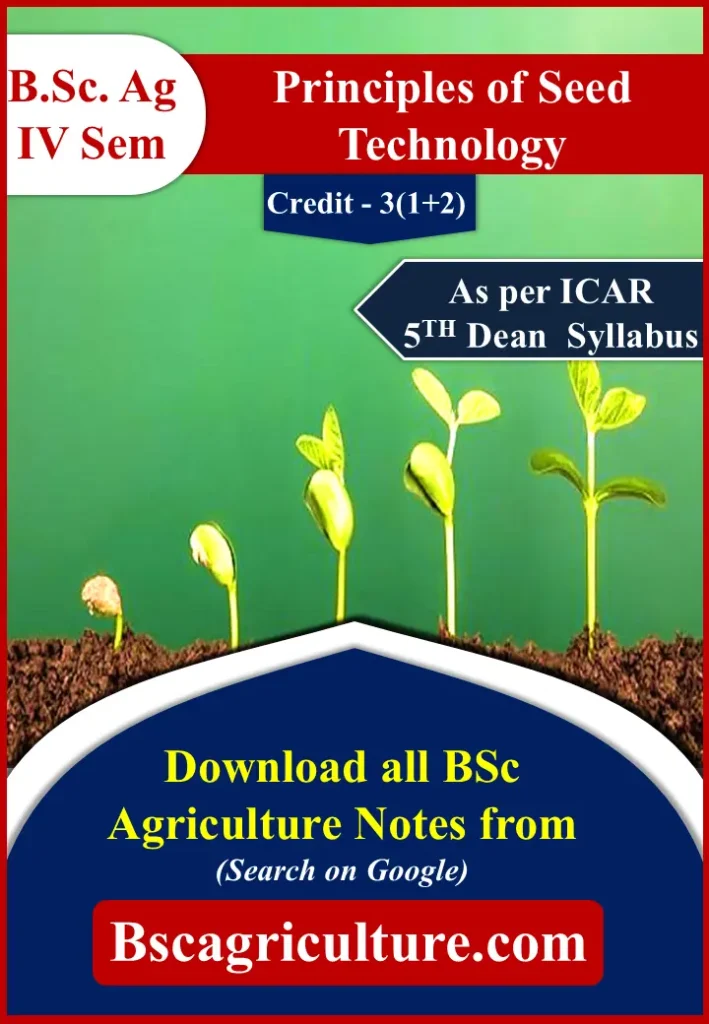
Other Notes
- Agricultural Marketing Trade and Prices
- Farming System & Sustainable Agriculture
- Principles of Seed Technology
- Production Technology for Fruit and Plantation Crops
- Renewable Energy and Green Technology
- Production Technology for Ornamental Crops MAPs and Landscaping
Join Times of Agriculture
Get the latest Agriculture Magazine and regular important updates right on your phone.
👉 Join WhatsApp Group